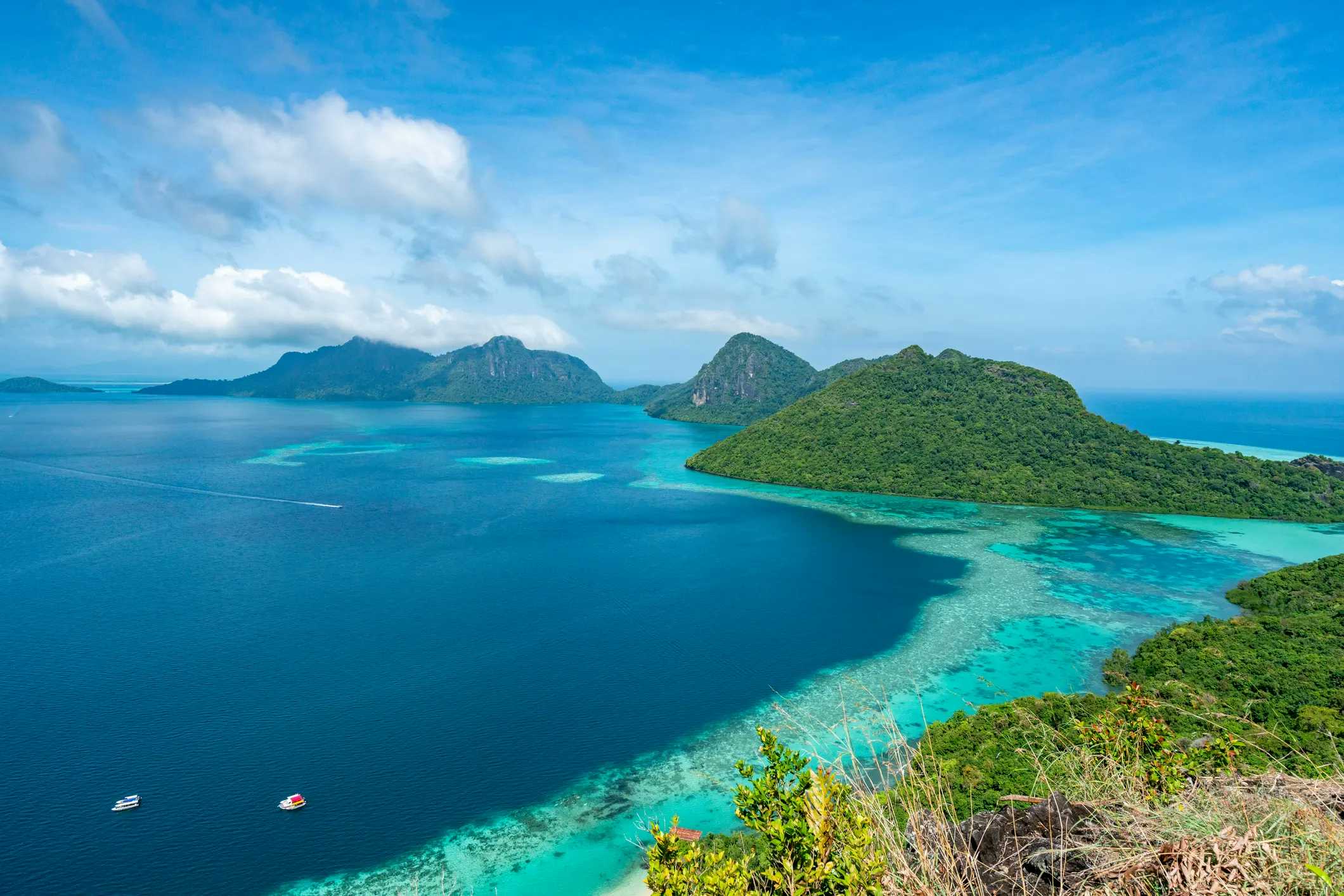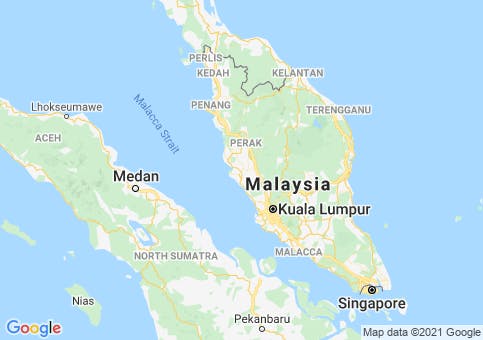Malaysia is the most popular retirement haven for expats in Southeast Asia and has been a popular expat hangout since the early 1920s. Malaysia’s beaches are also second to none. Its islands, listed in various world surveys, regularly make it in to the top 10 best lists in the world, and if you like jungle trekking and all of the fauna and flora that comes with it, Malaysia’s jungles and parks are some of the best, and biggest, in Southeast Asia.
Malaysia is in central Southeast Asia, and its neighbors, Singapore, Thailand, and Indonesia, are great places for weekend getaways. Malaysia’s international airports have direct flights to Cambodia, Thailand, Vietnam, Borneo, China, Taiwan, India, France, London, and The Philippines. You could be sipping cocktails at the Foreign Correspondents Club (The FCC) in Phnom Penh, Cambodia’s capital, overlooking the Mekong River, in about two and a half hours.
What’s more, the cost of living is four times cheaper than it is in the U.S., and as an added bonus, Malaysia’s street food is hands down the best in Southeast Asia.
Malaysia’s fascinating colonial history dates back to the 15th century, and Malacca, a state in Malaysia’s south, just next to Singapore, was first colonized by the Portuguese in 1511. The Portuguese were quickly followed by the Dutch, who knew a good thing when they saw it, and then the British—which now means that most Malaysian’s speak English. This eclectic mix of peoples and cultures adds a lot of color to the country and a wonderful array of rich architecture and cuisine, which makes Malaysia rather special.
The World’s Best Retirement Havens for 2026
The World’s Best Retirement Havens for 2026
24 Countries Compared, Contrasted, Ranked, and Rated. You don’t have to be rich to enjoy a pampered retirement, you just need to know where to go. With our 35th Annual Global Retirement Index, our experts hand you a detailed roadmap. Details—and a Special Offer—Here

By submitting your email address, you will receive a free subscription to IL Postcards, The Untourist Daily and special offers from International Living and our affiliates. You can unsubscribe at any time, and we encourage you to read more about our Privacy Policy.
When is the Best Time to Visit Malaysia?
Driving the length of Malaysia, from the tip of Singapore to the borders of Thailand, takes just six hours; it’s not a big country and the roads are first rate. The major towns that you will pass along the way, driving south to north, are Malacca, Kuala Lumpur, Ipoh, and Penang. Each one is roughly two hours equidistant from the other, which means that lunch and snack breaks are all relatively easy to do. And they are all very different from one another largely because of the ethnicity (Indian, Malay, Chinese, or European) that they were first settled by.
Malacca is a rich mix of Malay, Indian and European, Kuala Lumpur is mostly Malay and Chinese while Ipoh is predominantly Chinese, while Penang is a healthy mix of all of the above. Collectively they showcase parts of the country that have embraced its European, Chinese, Malay and Indian influences. This means that there are fabulous restaurants, eclectic cafés and lots of interesting colonial hotels, museums, and architecture.
The world-famous “Eastern and Oriental Hotel” in Penang is a prime example. Built by the same brothers who built Raffles Hotel in Singapore (this was their first hotel by the way), the Planters Bar is a must-visit for anyone passing through. Full of colonial charm, you could easily think you were back in 1930’s Malaya.
Where you live in Malaysia will depend on your lifestyle choice and there are a number of places for you to choose from. The center of Malaysia is mountainous, and these mountains run in a straight line completely through central Malaysia, south to north, separating east and west Malaysia. Starting just outside Kuala Lumpur in the south and running all the way to the borders with Thailand in the north, it is this mountain range that stops the west of Malaysia from being affected by typhoons that close down the entire east of Malaysia during the monsoon seasons. Both east and west Malaysia are fringed with white sand beaches, you just can’t use the beaches in east Malaysia for about six months of the year due to the inclement weather.
The largest expat populations, both retired and working, live in the state of Penang, and actually on Penang Island, and Kuala Lumpur, which is in the state of Selangor. Penang island has plenty of beaches for walking and swimming, and if you have a boat, there are numerous marinas. If you love fishing and boating and don’t have a boat there are clubs that you can join that allow you to use their boats free of charge. The Penang Swimming Club is a five-star club facility that has this as an option. They also have a good sailing section, a Scuba section, and one of the best library’s on the island,
Penang island also has a mountainous range, known locally as Penang Hill, that allows for great trekking, bird watching, and walking. The Penang Botanic Garden is a favorite among expats, and most mornings and evenings it’s crowded with people power walking and practicing yoga and Tai Chi.
The other big attraction to the island is its capital, George Town. George Town is a cosmopolitan city with award-winning restaurants, cafés, and art galleries. There is also a racecourse, run and operated by the Penang Turf Club, as well as various fitness clubs, and a plethora of expat organizations who offer and organize various programs and activities for their members. They include hiking, horse riding, golfing, day trips to mainland Malaysia and its outlying islands, quilting; mahjong, and pub nights with trivia quizzes. A few of the golfers have also formed breakaway groups who travel on a monthly basis into Thailand regularly, just to try new courses.
Find Out More From Our Malaysia Correspondent
The Pros and Cons of Living in Malaysia
By Keith Hockton
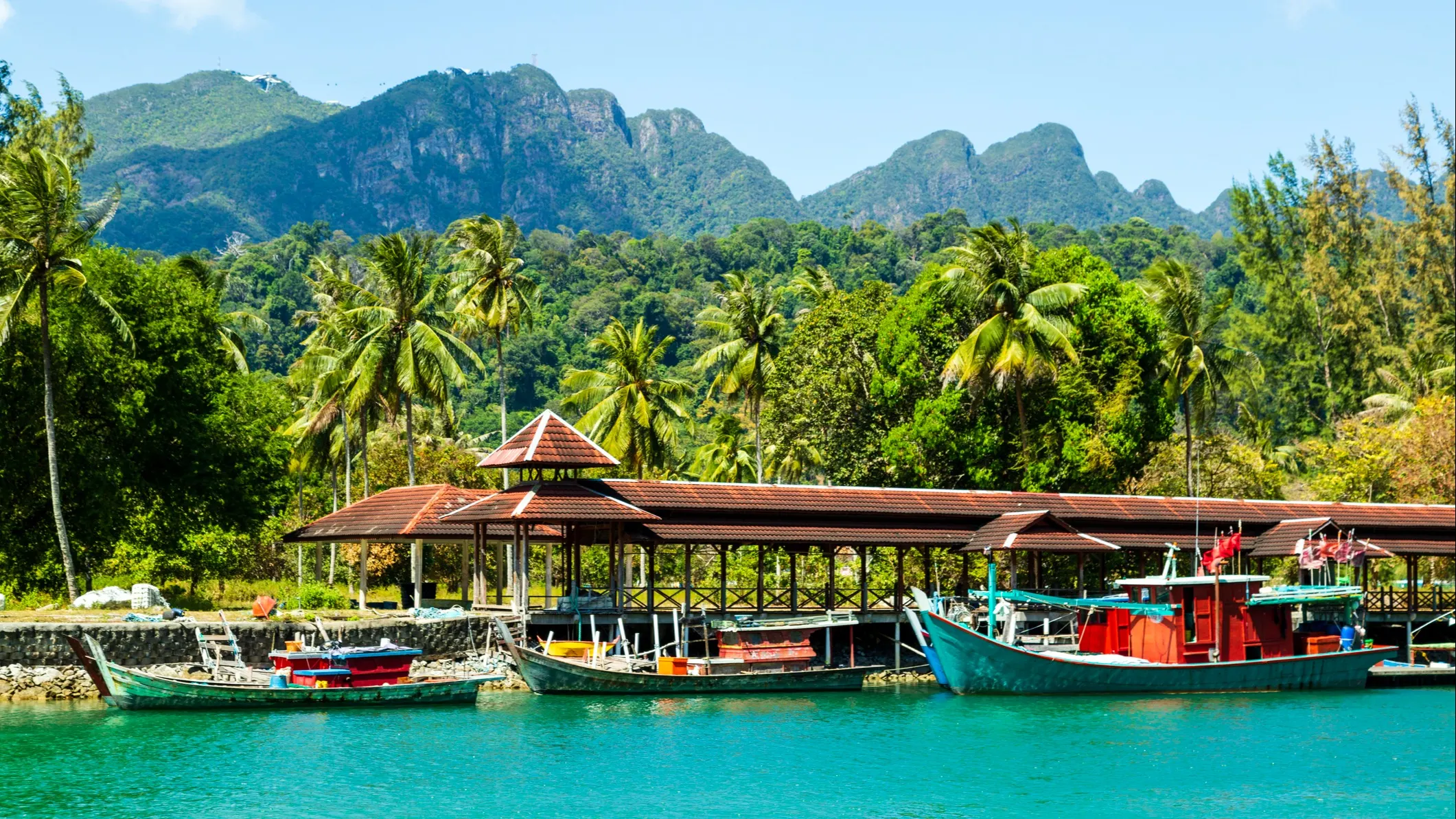
Cost of Living
Pros: Life here in Malaysia is easy, affordable, and low stress. Most of the expats who live here took early retirement, something that they wouldn’t have been able to do had they stayed put in their home country. A couple can live well here on a budget of $2,500 a month. You can rent a modern condo in a complex with a pool, gym, 24-hour gated security, and parking for under $900 a month.
Country club memberships here are a fraction of the cost of those at home. A good example is The Penang Sports Club. With more grass tennis courts than any other club in Malaysia, and facilities that are first-rate (a swimming pool, snooker room, library, gym, and numerous bars and restaurants), membership here will cost you and your spouse just $3,000—that’s a one-off fee.
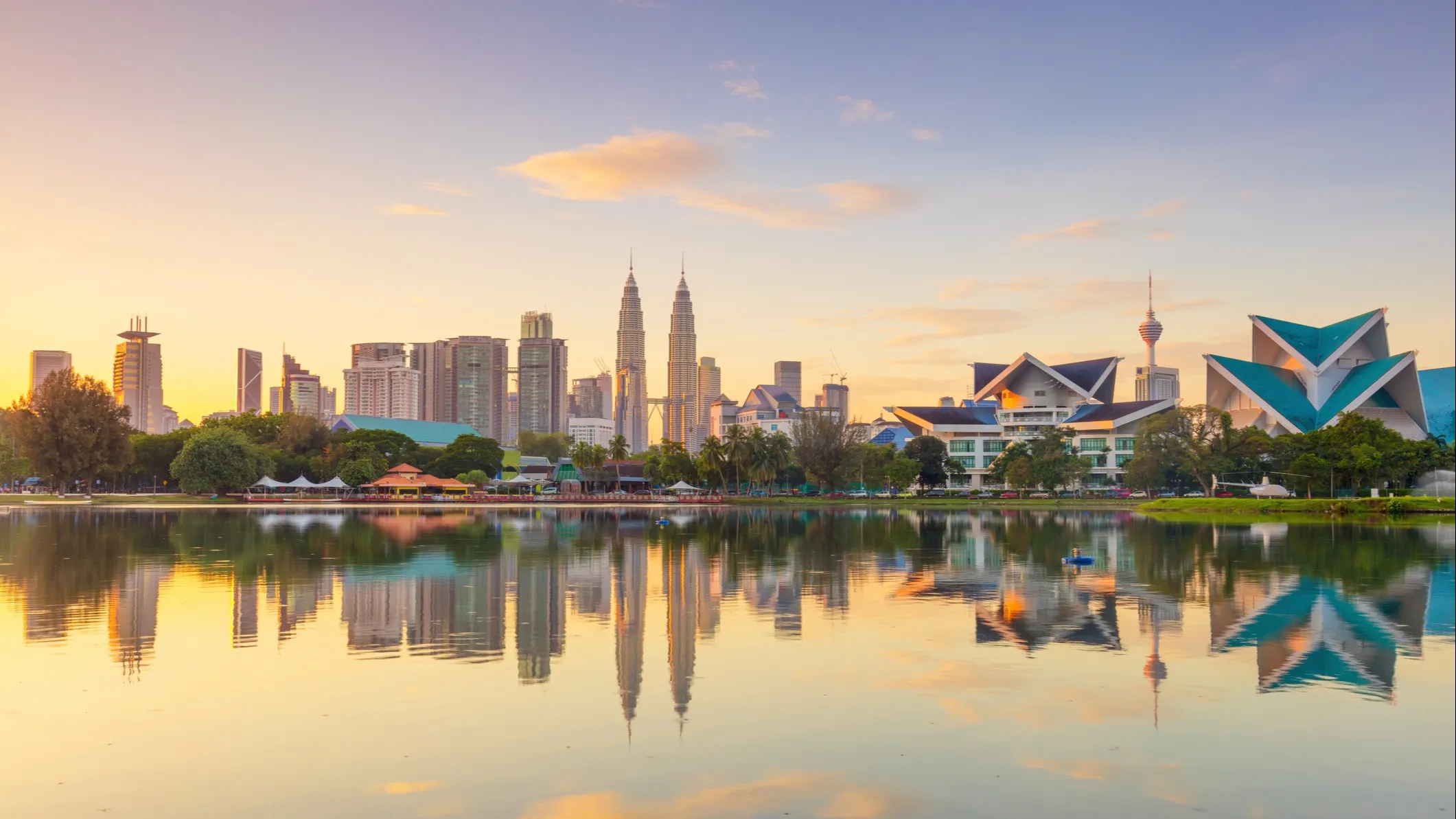
Membership to the Penang Swimming Club—without question the premier five-star facility in north Malaysia—costs $6,000 per couple. The sailing section here is second to none. Members can get their sailing ticket and take the clubs boats out whenever they fancy, at no additional cost. Motorboats are also available and all you have to pay for is the fuel.
You can also eat out every night, in a different restaurant, café, or street stall, for just a few dollars. Movie tickets cost a quarter of the price of what they cost you at home and most movies screen in Malaysia before they open in the West.
Cons: Wine can be more expensive than at home due largely to the import taxes. A bottle of wine at home that might cost you $9 will cost you $20 here. The rule of thumb is that imported luxury items will cost you more in Malaysia. If you move here it is something that you should keep in mind.
Settling in
Pros: Malaysians are genuinely friendly people, I really like that about them. And there is a comfort factor in knowing that as soon as you step off the plane you can converse in English when you need to.
The expat population, both working and retired, is large. You won’t find making friends a problem. Facebook is the medium of choice and there are numerous expats groups for you to contact. Just type in ‘Penang Expats’ and more than half a dozen groups will pop up. It’s also worth subscribing to Spiral Synergy’s newsletter, you’ll find its Facebook page has all the details
Cons: Due to COVID-19 the usual expat meet-ups have been moved online.
YOUR CHANCE TO RETIRE OVERSEAS NOW
YOUR CHANCE TO RETIRE OVERSEAS NOW
Sign up for our free daily IL Postcards e-letter and we'll immediately send you a free report on the WORLD'S #1 RETIREMENT HAVEN—plus 9 more of the most desirable and very affordable destinations where you can upgrade your retirement right now. Each day you'll learn about the best places to retire, travel, buy real estate and enjoy life overseas.

By submitting your email address, you will receive a free subscription to IL Postcards, The Untourist Daily and special offers from International Living and our affiliates. You can unsubscribe at any time, and we encourage you to read more about our Privacy Policy.
Infrastructure
Pros: The infrastructure here—roads, amenities, and connectivity—are excellent. Our intranet is fast and great value. For 1GB per month we pay just $50. Time is the provider of choice, but you have to check with them if they are installed in the building that you move into, some buildings and homes are not and that will make a difference when you are uploading TV shows, or working from home.
Cons: Over-development in Malaysia is rampant and with COVID-19 there is also a lot of empty office space. This is both a pro and a con. Empty buildings are never good, they need people in them to maintain them, but rental prices have also fallen through the floor and don’t look like recovering anytime soon. This is good news if you are looking for space for your business.
Getting around
Pros: If you’re behind the wheel, all of the road signs are in English and Malay. Scooters here are good value and, as most of them are made in Asia, they’re cheaper than at home. A new Vespa costs just $4,000 and a Honda 125cc just $500. I have a Vespa and I use it daily. It’s so easy to get around on. My wife uses the car. You don’t need a large car here, it’s a small island, and you can pick up a new four-door hatchback for around $8,000.
The other plus about living in the heart of Southeast Asia is there are plenty of other exotic countries to visit when you want to go exploring. Vietnam, Cambodia, Thailand, Laos, Indonesia, Hong Kong, and India are all within easy reach.
Cons: Driving here is an adventure, one that I am now used to, but still, after 11 years living here, my constant mantra is, “Pick a lane!”
Malaysian drivers pay no attention to the lines that separate the lanes and rarely use their indicators or their mirrors. On one occasion I pulled up at a traffic light next to a four-wheel drive only to notice that both the side mirrors were turned in. When I knocked on the window and pointed it out to the surprised driver she said, “Yes, I know, I don’t want them to get damaged.”
If you are mobility challenged, some parts of the city, no matter what city you are in, would be impossible for wheelchair access. It is getting better, and there is a plan to have all sidewalks upgraded but they are a few years away from achieving that goal.
YOUR CHANCE TO RETIRE OVERSEAS NOW
YOUR CHANCE TO RETIRE OVERSEAS NOW
Sign up for our free daily IL Postcards e-letter and we'll immediately send you a free report on the WORLD'S #1 RETIREMENT HAVEN—plus 9 more of the most desirable and very affordable destinations where you can upgrade your retirement right now. Each day you'll learn about the best places to retire, travel, buy real estate and enjoy life overseas.

By submitting your email address, you will receive a free subscription to IL Postcards, The Untourist Daily and special offers from International Living and our affiliates. You can unsubscribe at any time, and we encourage you to read more about our Privacy Policy.
Buying and Renting
Pros: Apartments are cheap, and Malaysia is one of only two countries in Asia where you can buy property freehold as soon as you step off the plane. A 2,000 square foot apartment on the beach in Tanjung Bungah, Penang, will cost you just $1,000 per month to rent. If buying property is your bag, a 6,000 square foot apartment in The Cove in Penang, with unlimited sea views, can be yours for $700,000.
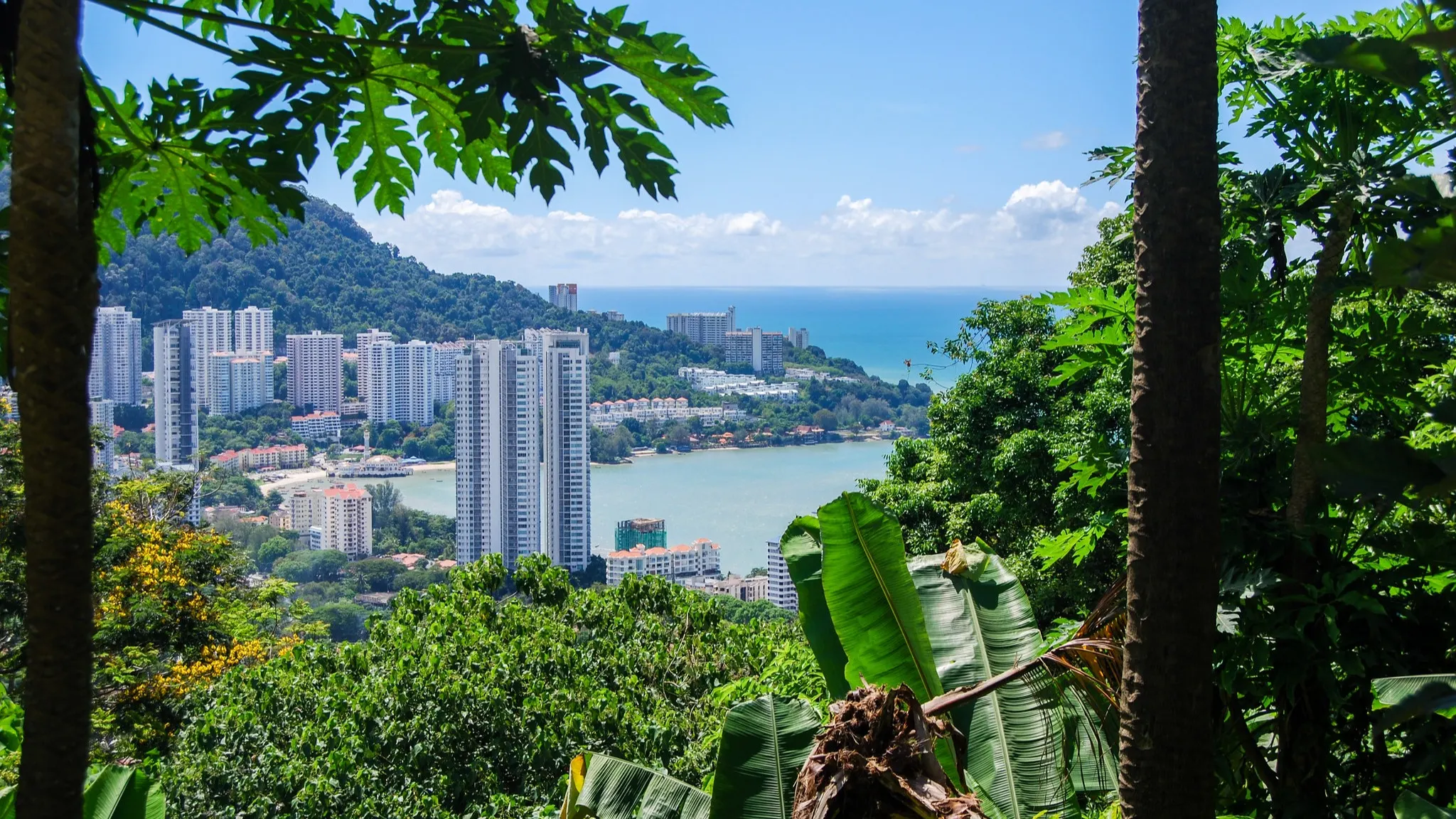
Cons: You can’t flip apartments easily here in Malaysia. The paperwork involved, no matter where you are, involves state and federal law, and it can’t be completed quickly.
Visas and Residence
Pros: Malaysia is the only country in Asia that offers you a transparent 10-year renewable visa (MM2H). At this stage the visa is under review and there are no applications being processed, however we hope it will be up and running again by May 2021.
Cons: The MM2H visa program is currently under review and we have no idea of what the changes will incorporate.
Healthcare
Pros: The healthcare system is second to none. You don’t have to wait for an appointment here. It’s a case of turning up and booking your specialist of choice. I recently completed a basic medical with a cardiac surgeon at a cost of just $50. That’s not an unusual price. On average, a visit to a doctor or a specialist costs about the same, no matter what hospital you attend. Hip replacements cost, on average, $5,000; and as you are essentially paying for it yourself, or through your insurance, there are no waiting lists.
Cons: It’s hard to think of one when it comes to healthcare here. It really is first-class.
Climate
Pros: The climate in Southeast Asia is tropical so it’s either hot and humid or hot and dry, depending on the time of year that you arrive. The dry season starts in January and runs through to August and that’s usually when the humidity starts and the monsoon season begins. The average daily temperature is 85 F. In the dry season that will spike to 95 F while in the cooler monsoon season it drops to about 80 F.
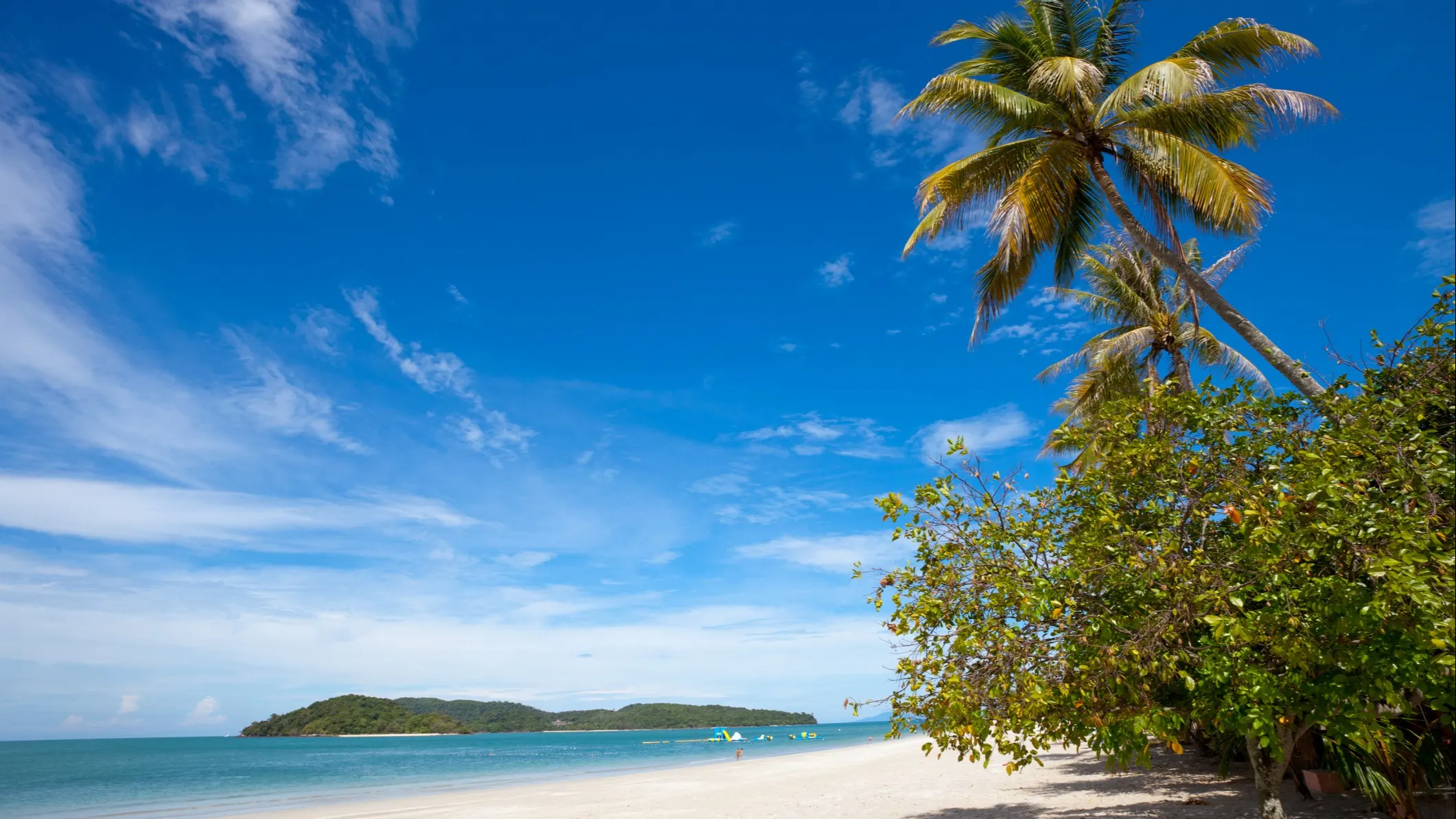
Cons: June through August averages eight inches of rainfall with around 16 days of rain each month. The brief but substantial downpours usually occur in the mid to late afternoon. Autumn brings the more severe of the monsoon seasons. September and October are the wettest months with average rainfall between 13 to 15 inches and 21 to 25 days of rain. Although it is rainy, the average sunshine is between six and eight hours per day, not bad for a monsoon season.
In short, Malaysia is a friendly, comfortable, place to live with a very low crime rate and a high standard of living. There are certainly more pros to living in Malaysia than cons. If you are thinking about moving here, you should start planning. I assure you, it will be the most exciting adventure.
